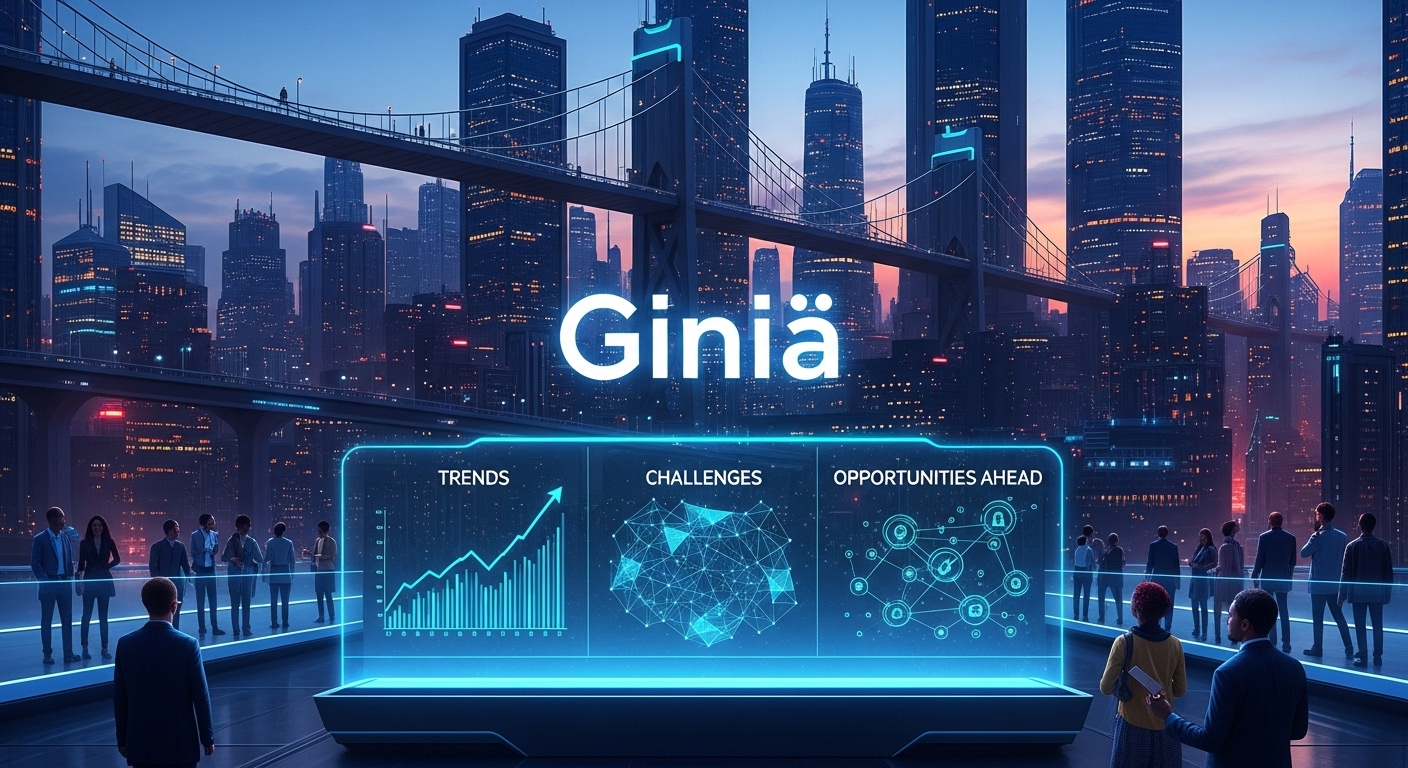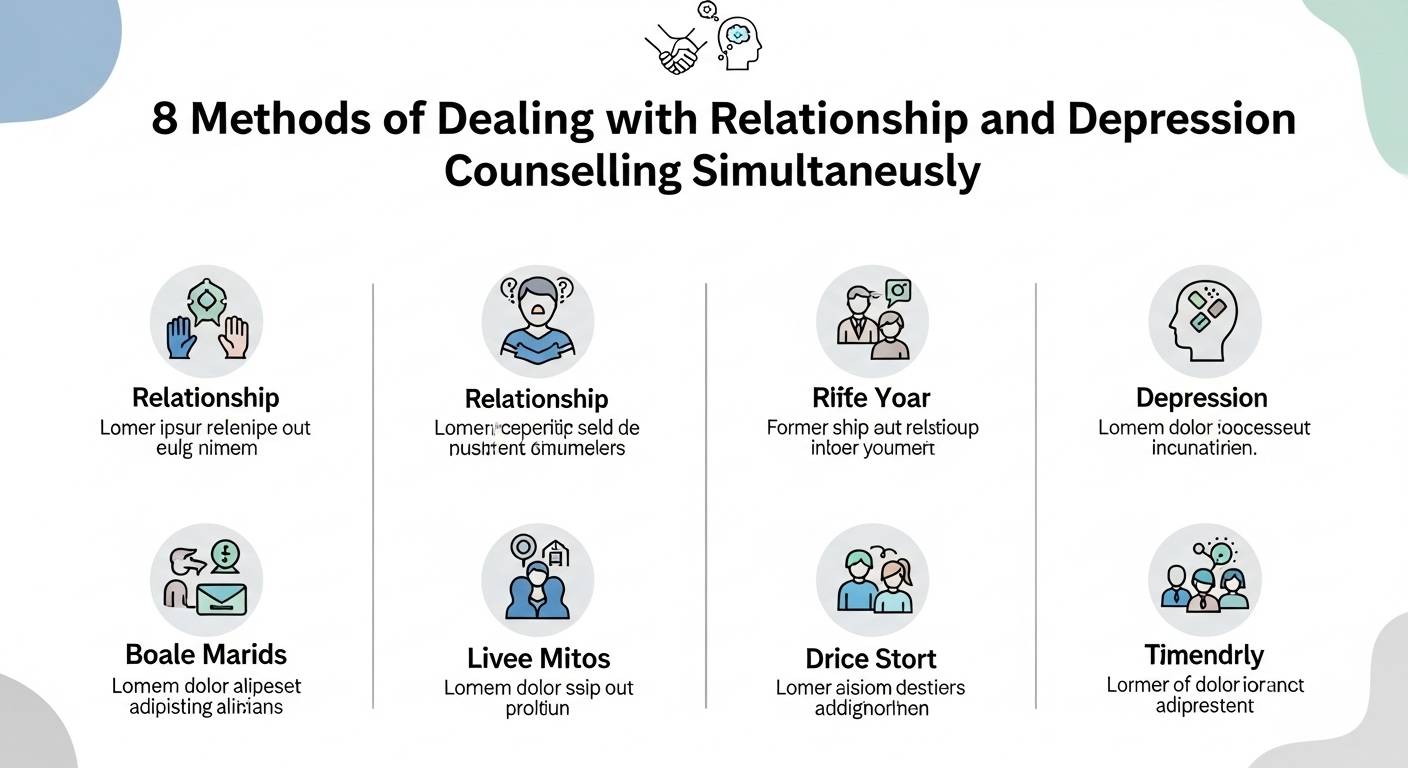Introduction to Giniä and its Impact on Business
Giniä is quickly becoming a buzzword in the business landscape, captivating entrepreneurs and innovators alike. As companies strive to stay ahead of the curve, understanding Giniä’s potential is no longer just an option—it’s a necessity. This emerging phenomenon promises to redefine how we approach trends, tackle challenges, and seize new opportunities.
In today’s fast-paced world, businesses are constantly looking for ways to leverage technology for growth. With Giniä at the forefront of this transformation, it offers intriguing possibilities that could reshape entire industries. But what exactly is Giniä? How can it elevate your business while simultaneously presenting hurdles to overcome?
Join us as we dive deep into the future of trends influenced by Giniä and explore its impact on various sectors. Get ready for insights that will not only inform but inspire action!
The Rise of AI and Machine Learning in Giniä
The integration of AI and machine learning into Giniä has transformed many aspects of business. Organizations are harnessing these technologies to analyze vast datasets quickly and efficiently.
These advanced algorithms can identify patterns that human analysts might overlook. This capability allows companies to make data-driven decisions with unprecedented precision.
Additionally, the predictive power of machine learning models empowers businesses to anticipate market changes. Adapting swiftly becomes easier as they stay ahead of trends rather than reacting after the fact.
Moreover, automation driven by AI reduces manual workloads. Teams can focus on strategic initiatives instead of getting bogged down in repetitive tasks.
As Giniä evolves, its synergy with AI promises even more breakthroughs. Businesses that embrace this combination will likely find themselves at a significant advantage in their respective fields.
Potential Challenges Faced by Businesses in Adopting Giniä
Adopting Giniä presents several hurdles for businesses. One significant challenge is the integration with existing systems. Many companies rely on legacy technology that may not easily communicate with Giniä’s advanced capabilities.
Another concern revolves around data privacy and security. Organizations must ensure robust measures are in place to protect sensitive information while leveraging AI-driven insights.
Resistance to change can also pose a problem. Employees may feel apprehensive about new technologies, fearing job displacement or increased complexity in their roles.
Moreover, there’s often a steep learning curve associated with adopting Giniä. Training staff adequately takes time and resources, which some businesses might find difficult to allocate during transitions.
Keeping up with rapid advancements in AI can be overwhelming. Companies need to stay informed about updates and best practices while navigating this evolving landscape.
Opportunities for Innovation and Growth with Giniä
Giniä opens doors to a new era of innovation. Its data-driven insights empower businesses to make informed decisions. This technology transforms raw information into actionable strategies.
Companies can harness Giniä’s analytics for product development. By understanding consumer behavior, they create tailored solutions that resonate with their audience. This level of personalization fosters loyalty and boosts sales.
Moreover, Giniä streamlines operations across various sectors. Automating routine tasks frees up valuable resources that can be redirected toward creative projects or strategic planning.
Emerging startups are leveraging Giniä for competitive advantage as well. They utilize its capabilities to disrupt traditional markets with innovative offerings.
The collaborative potential is immense too. Businesses can partner around shared goals, using Giniä to drive joint ventures and co-creation initiatives, stimulating further growth opportunities in the process.
Case Studies: Successful Implementations of Giniä in Different Industries
Giniä has made waves in various industries, showcasing its transformative potential. In retail, a leading fashion brand integrated Giniä to personalize shopping experiences. By analyzing customer behavior and preferences, the brand increased sales by 30% within months.
In healthcare, a hospital network utilized Giniä to optimize patient scheduling. This resulted in reduced wait times and enhanced patient satisfaction scores significantly.
Manufacturing also saw remarkable success with Giniä implementation. A prominent automotive company used it for predictive maintenance on machinery. The outcome was impressive: downtime dropped by 25%, boosting productivity across the board.
Even in finance, firms adopted Giniä for risk assessment models that improved decision-making speed while maintaining accuracy. These examples highlight how diverse sectors are harnessing Giniä’s capabilities for significant gains and efficiency enhancements.
Ethical Concerns Surrounding Giniä and How to Address Them
Giniä presents exciting possibilities, but it also raises ethical concerns that demand attention. Data privacy is at the forefront. With AI and machine learning integrating into Giniä, businesses must ensure that user data is handled responsibly.
Bias in algorithms can lead to unfair outcomes. Companies need to actively monitor their systems for potential discrimination, making adjustments as necessary. Transparency becomes crucial; stakeholders deserve insight into how decisions are made by Giniä-driven technologies.
Another concern involves job displacement due to automation. While innovation drives efficiency, it’s essential for organizations to consider reskilling employees affected by these shifts. Creating a culture of adaptability will benefit both workers and companies alike.
Engaging with diverse perspectives fosters better solutions too. Involving ethicists, technologists, and community representatives ensures a balanced approach to deploying Giniä while addressing its challenges comprehensively.
Embracing the Future with Giniä
Embracing Giniä is about unlocking the potential of tomorrow. Businesses that adopt this innovative approach are already seeing remarkable changes in their processes.
Imagine a workplace where data flows seamlessly, enhancing decision-making and efficiency. Giniä facilitates this by integrating real-time analytics into daily operations.
Moreover, it encourages a culture of adaptability. Teams become more agile, responding to market shifts with confidence and creativity. This mindset fosters an environment ripe for collaboration and growth.
Looking ahead, companies leveraging Giniä can expect not only improved performance but also increased customer satisfaction. Personalization becomes easier as businesses better understand consumer needs through advanced insights.
Investing in Giniä today means positioning yourself at the forefront of your industry tomorrow. The future is bright for those willing to embrace these transformative capabilities wholeheartedly, paving the way for unparalleled success.
Conclusion
The emergence of Giniä represents a significant shift in how businesses operate and adapt to an ever-changing market landscape. Its integration of AI and machine learning is not just a trend but a fundamental change that offers vast potential for innovation and efficiency. However, businesses must navigate the challenges that come with adopting such advanced technologies.
As organizations embrace Giniä, they also open doors to new opportunities for growth. Case studies highlight its successful implementation across various industries, showcasing real-world benefits. Yet, these advancements bring ethical concerns that cannot be overlooked.
Addressing these concerns will be vital as we move forward into this exciting future shaped by Giniä. The journey ahead may be complex, but the potential rewards are immense for those willing to innovate thoughtfully.
Adopting Giniä isn’t merely about keeping up; it’s about redefining what’s possible in business today and beyond.















